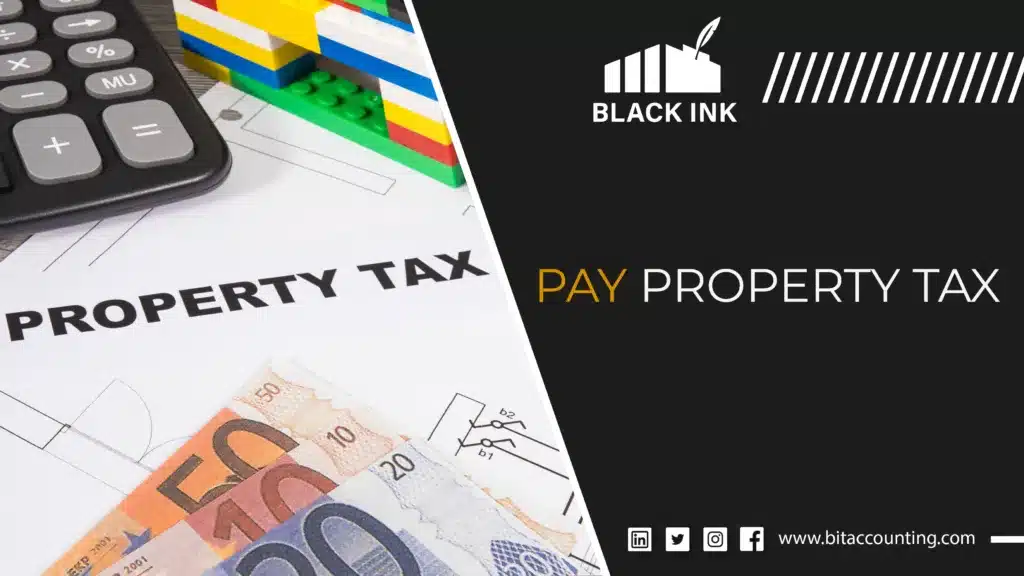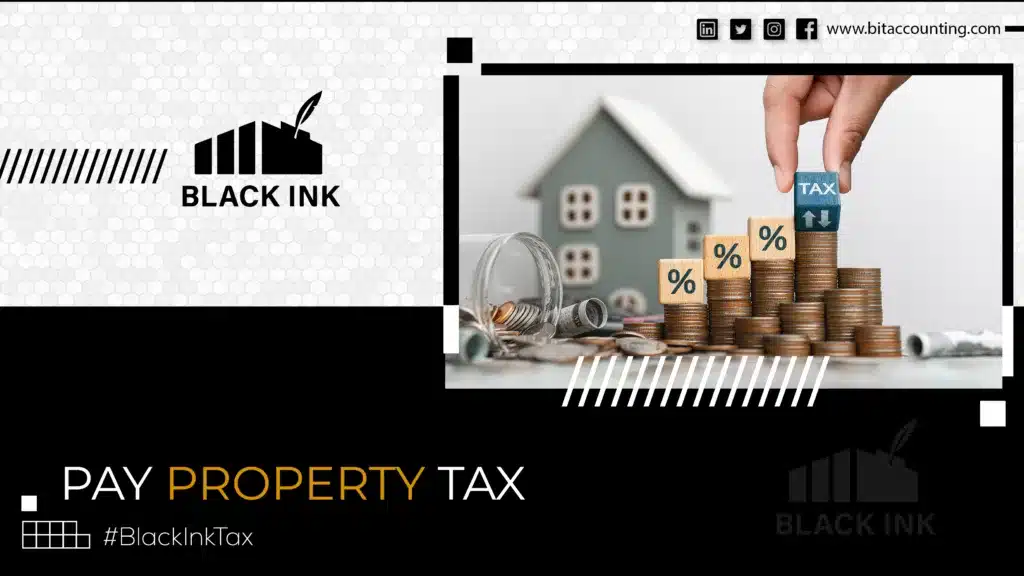
Table of Contents
Do Apartment Renters Pay Property Taxes? Complete Guide
So you’re staring at your monthly rent payment, wondering where all that money actually goes. Is it just feeding your landlord’s yacht dreams? Or is part of it going to pay for the pothole you hit every day on your commute?
Let’s talk about property taxes—that mysterious fee no one really sees, but everyone feels. Especially if you’re renting an apartment and thinking, “Wait… am I paying that, or is that my landlord’s problem?” Spoiler alert: it’s complicated, sneaky, and hiding right there in your lease agreement.
This isn’t your boring civics class explanation—we’re breaking it down in plain English. We’re getting into who actually writes the check, why your rent mysteriously inches up every year, and how local governments are quietly cashing in.
Let’s pull back the curtain on property taxes and uncover who’s really footing the bill when you sign that lease.
What Is Property Tax?
Property tax is a levy imposed by local governments on property owners, calculated based on the assessed value of real estate. These taxes fund essential public services like schools, roads, and emergency services. Understanding the distinction between property tax assessment vs. market value is important.
Do Renters Pay Property Taxes? If Not, Then Who?
While renters don’t receive a property tax bill in their mailbox, that doesn’t mean they’re entirely disconnected from this expense. Landlords, who own the property, are responsible for paying property taxes to the local government. These taxes fund essential services like schools, emergency services, and infrastructure maintenance.
However, landlords are business-minded individuals. To ensure they’re not operating at a loss, they factor in property taxes when determining rental prices. So, indirectly, a portion of your rent contributes to covering these taxes.
It’s a symbiotic relationship: you get a place to live, and your rent helps maintain the community services you rely on daily.
For a deeper dive into the nuances of property taxes and how they differ from other real estate-related taxes, check out BitAccounting’s article on are real estate taxes the same as property taxes?. This piece breaks down the distinctions and overlaps between these terms, offering clarity on a topic that often confuses many.
How Is Property Tax Used by the Local Government?
Property tax revenues support various local services, including:
- Education: Funding public schools and educational programs.
- Infrastructure: Maintaining roads, bridges, and public buildings.
- Public Safety: Supporting police, fire departments, and emergency services.
- Community Services: Financing libraries, parks, and recreational facilities.
In some cases, special assessment tax are levied for specific projects.
Who Is Responsible for Paying Property Taxes?
The property owner is legally responsible for paying property taxes. However, as mentioned earlier, these costs are often passed on to renters through rent adjustments.
Why Is It Important?
Understanding property taxes is crucial for both renters and property owners:
- Renters: Helps explain rent fluctuations and the allocation of rent payments.
- Property Owners: Assists in budgeting and financial planning.
For property owners, leveraging tax benefits can be advantageous. Tax benefits of real estate that can help in reducing taxable income.
Do Apartment Renters Pay Property Taxes? If Not, Then Who?
As previously discussed, renters don’t pay property taxes directly. The responsibility lies with the property owner, but the financial burden can be shared indirectly through rent.
Do They Pay Directly?
Good question, and the long and short, both answers are no. Renters do not pay property taxes directly. The landlord receives the tax bill and is responsible for payment. It does not concern the tenant if their tax is being paid or not, they just have to pay their rent on time and responsibly.
So You Own an Apartment—Do You Pay Property Taxes?
Let’s say you just got the keys to your beautiful new apartment—maybe it’s a sleek city condo or a vintage co-op in a cozy neighborhood. You’ve painted the walls, bought furniture that matches your Pinterest boards… and then—boom—a tax bill shows up.
Wait, do apartment owners even pay property tax?
Short answer: Yes. 100%.
But the how depends on what kind of apartment you own. Let’s break it down—no heavy jargons, just the real deal.
Condos: You Own It, You Pay It
If you own a condominium, you own your individual unit plus a tiny slice of the building’s common areas (think hallways, the lobby, gym, etc.). So guess what? The local government treats your condo unit just like a house—and yes, it gets taxed.
How It Works:
- Your county assessor (basically a government number-cruncher) decides how much your condo is worth each year.
- That value is used to calculate your property tax bill.
- The tax bill is sent to you, and you’ve got to pay it—usually once or twice a year.
How You Pay:
- Some people pay the bill directly online or by mail.
- If you have a mortgage, your lender might handle it for you through an depositary account. That means you’ve been sneakily paying your property tax each month as part of your mortgage payment. Surprise!
Co-Ops: You Pay, But Indirectly
Now, if you’re in a co-op, the setup is a little different—and a little weird (but cool if you’re into real estate).
- You don’t own the apartment itself. You own shares in a corporation that owns the entire building.
- The co-op as a whole pays the property tax bill.
- Then you pay your share of that bill through your monthly maintenance fees.
Basically, you’re still paying property tax—you’re just doing it through your co-op board instead of sending a check to the county.
Do You Need to File Any IRS Forms to Pay Property Tax?
Here is the thing, you do pay taxes but not by filing an IRS form.
These are local taxes—they go to your city or county, not the federal government.
But there is a reason to pay attention when you do your federal taxes: you might be able to deduct those property taxes to lower your IRS bill.

If You Want to Deduct Property Tax:
- Use Schedule A when filing your Form 1040 (that’s if you’re itemizing deductions).
- On Line 5b of Schedule A, you can list the amount of state and local property taxes you paid.
But heads up—thanks to the SALT cap, you can only deduct up to $10,000 total for all state and local taxes (including property and income taxes). And it’s $5,000 if you’re married but filing separately.
So yeah, if you live somewhere like New York or California, that cap gets used up real fast.
Real-Life Example
Let’s say you own a condo in Chicago.
- Cook County Assessor’s Office figures out your condo’s value—say, $300,000.
- You get a property tax bill of around $6,500.
- You can either:
- Pay it directly online to Cook County Treasurer, or
- Let your mortgage lender handle it through escrow.
When tax season rolls around:
- If you itemize, you list that $6,500 on Schedule A.
- It might reduce how much you owe the IRS—yay!
What If You Don’t Pay?
Just don’t. Seriously—don’t ignore your property tax bill. If you skip payments:
- You could get hit with late fees and penalties.
- In extreme cases, the county could place a tax lien on your apartment (basically a legal IOU), and you could eventually lose the property. It’s rare—but it happens.
Ignoring your tax bills might sound tempting but trust us, its gonna become a huge problem in the long term, and it will result in you spending some “quality time” in prison.
How Your Rent Is Calculated
Rent is determined by various factors, including:
- Property Taxes: Landlords factor in property tax expenses.
- Maintenance Costs: Upkeep and repairs of the property.
- Market Demand: Supply and demand dynamics in the rental market.
- Location: Proximity to amenities, schools, and workplaces.
Understanding these components can help renters negotiate and comprehend their rent structure.
Tips for Apartment Renters to Avoid Overpaying Rent
- Research Market Rates: Understand the average rent in your area to ensure you’re not overpaying.
- Negotiate: Don’t hesitate to discuss rent prices with your landlord, especially if you have a good payment history.
- Understand Lease Terms: Be aware of what expenses are included in your rent to avoid unexpected costs.
Property Taxes and Apartment Rental Markets
Property taxes can influence rental markets. In areas with high property taxes, landlords may increase rent to cover these costs, affecting affordability for renters.
Apartment Renting vs. Homeownership
Renting offers flexibility and fewer responsibilities, while homeownership provides stability and potential tax benefits. While there are benefits, there are some loopholes (legal obviously) which can really help in tax saving.
What Is Depreciation and How Does It Affect Your Property Taxes as a Landlord?
Depreciation allows property owners to deduct the cost of wear and tear on their property over time, reducing taxable income. This is a significant tax benefit for landlords.
How Depreciation Works
The IRS allows residential property owners to depreciate their property over 27.5 years. This means each year, a portion of the property’s value can be deducted from taxable income, providing significant tax savings.
What Are Some of the Largest Expenses for Apartment Owners/Renters?
- For Owners:
- Property taxes
- Maintenance and repairs
- Insurance premiums
- Mortgage payments
- For Renters:
- Monthly rent
- Utilities
- Renters insurance
- Security deposits
Is It Better to Rent or Buy a Home?
The decision depends on individual circumstances. Renting offers flexibility, while buying can be a good investment and provide tax benefits. And seriously it depends on the money you have, if you are in a state where you can easily buy houses you should do that as it’s a good investment if not then go for renting as it save taxes and is less expensive compared to buying properties.
How Much Does Renters Insurance Cost?
Renters insurance is relatively affordable, typically ranging from $15 to $30 per month, depending on coverage and location. It covers personal belongings and liability protection.
Bottom Line
While renters don’t pay property taxes directly, they often contribute indirectly through rent. Understanding how property taxes work can help renters make informed decisions and potentially negotiate better rental terms.
FAQs
Q: Do renters pay property taxes directly?
A: No, property owners are responsible for paying property taxes.
Q: Can property taxes affect my rent?
A: Yes, landlords may adjust rent to cover increased property taxes.
Q: Is renter’s insurance mandatory?
A: It’s not legally required but often recommended or mandated by landlords.
Q: How can I negotiate lower rent?
A: Research market rates, highlight your reliability as a tenant, and discuss lease terms openly.
Q: What’s included in my rent?
A: It varies; clarify with your landlord what expenses are covered.
Q: Can I deduct rent on my taxes?
A: Generally, rent is not tax-deductible for residential tenants.
Q: Do property taxes fund local schools?
A: Yes, a portion of property taxes supports public education.
Q: What happens if a landlord doesn’t pay property taxes?
A: The property could face liens or foreclosure, potentially affecting tenants.
Q: Are property tax rates the same everywhere?
A: No, rates vary by location and are determined by local governments.
Q: Should I consider property taxes when choosing where to rent?
A: Yes, as they can influence rent prices and local service quality.
GET FREE QUOTE FOR ALL OF OUR SERVICES
Black Ink will send you a free analysis of your current state and what would be the cost of managing either a separate accounting and bookkeeping services or a complete solution across New York, USA. Do get in touch and we will be happy to consult you with our bookkeeping services in NY, New York, USA.
